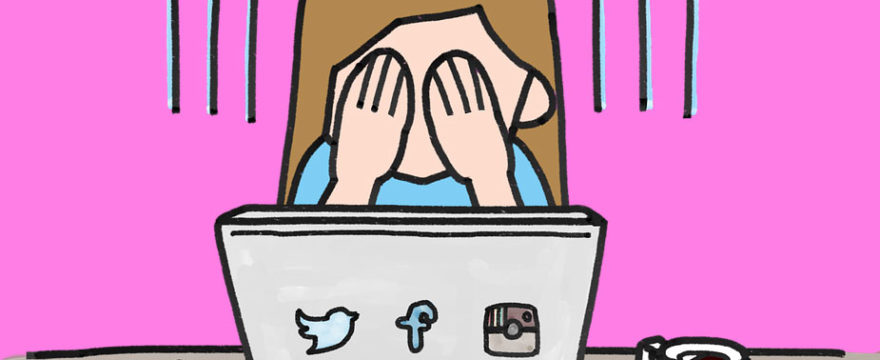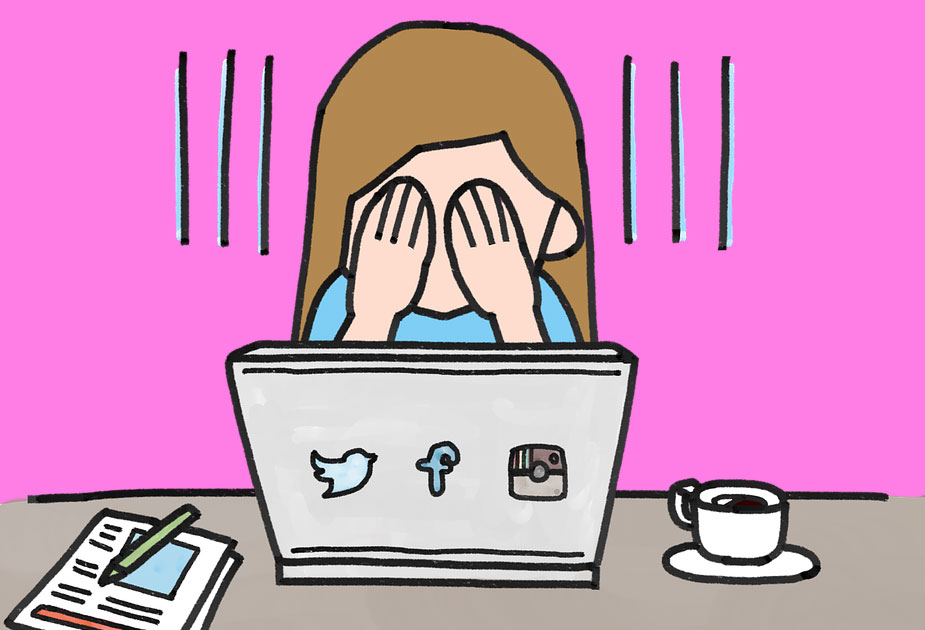With World Mental Health Day just around the corner, October 10th to be exact, we thought we would tackle a somewhat debatable topic – how has technology changed mental health?
Technology, in today’s day and age, effects essentially every aspect of our lives. We spend a good chunk of our day, everyday, interacting with technology in some way, shape, or form.
It should come as no surprise that technology has adversely affected mental health awareness, mental health care options, and even our mental health itself. Of course, not all of this change has been positive – let’s take a look at some of the good, and the bad, ways in which technology has affected the world of mental health.
The Good
- Enhanced Counselling Services
Technology has worked wonders for the accessibility, variety, and cost of counselling services available to those struggling with mental health.
The biggest game changer has been the fact that you can meet with a therapist online – this combats a number of downsides to traditional, in-office therapy, such as schedule conflicts, lack of local services for those in remote areas, and outrageously high fees. Online Counselling also is a great option for those who are shy or uncomfortable with the idea of face-to-face counselling, as it offers a less direct approach.
- Programs/Apps Focusing on Well-Being
There’s an app for that!
And by “that” we are referring to your wellbeing.
There are a number of apps available for your smart phone that are designed to enhance your quality of sleep, help you hone your focus, guide you through meditations, and more.
The best part? So many of these apps are free!
- Increased Awareness, Support, and Sense of Community
The Internet has connected us as a global community. By having such a widespread outlet, we are able to curate and partake in discussions and even offer or seek support from those we would, sans technology, not have had the opportunity to connect with.
It is a great way to find a sense of community amongst those who are experiencing or have overcome the same issues they are struggling with and also to spread awareness and encourage individuals to either seek the help they need or be their to support those around them.
The Bad
- Internet Addiction Disorder / Social Media Anxiety Disorder
Yes – these are real problems.
When your need to check your social media accounts becomes obsessive and begins to interfere with your real life activities, such as work, academia, or your social life or marriage – it becomes a problem.
When you feel anxious, nervous, or uncomfortable because you do not have your phone, tablet, or computer available – it becomes a problem.
This not only begins to affect our mental health, but can also have physical impacts as well – but there are steps you can take to free yourself from the hold that social media has on you.
- The Link Between Social Media and Anxiety/Depression
It has been studied that increased use of various social media sites, such as Facebook, Twitter, or Instagram can be correlated to the decrease in an individuals’s self-esteem.
This is possibly due to individuals seeing their peers posts and photos and viewing them as more successfully, happier, more beautiful, etc. than themselves.
Of course, it’s important to recognize, when scrolling someone’s feed, that they most likely are posting only the best of their life – social media only portrays a fraction of an individual’s life, and is often edited to appear as perfect as possible. Comparing out lives to others – especially social media influencers – more often than not only results in negativity towards ourselves.
Can you think of any other ways in which technology has impacted mental health, either positively or negatively?

